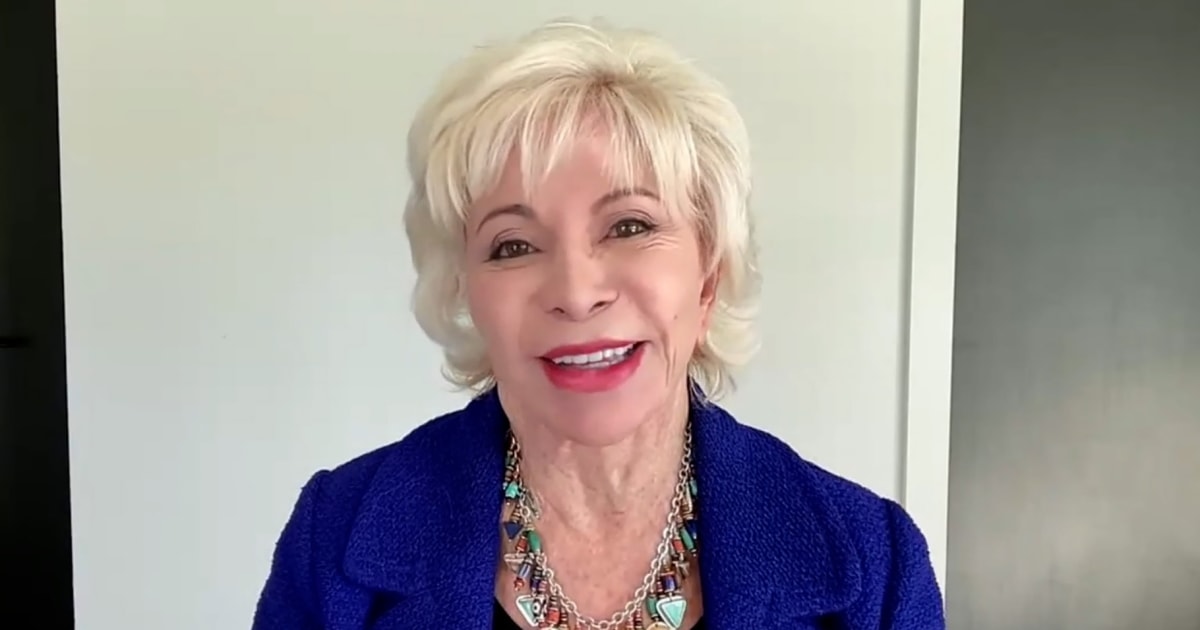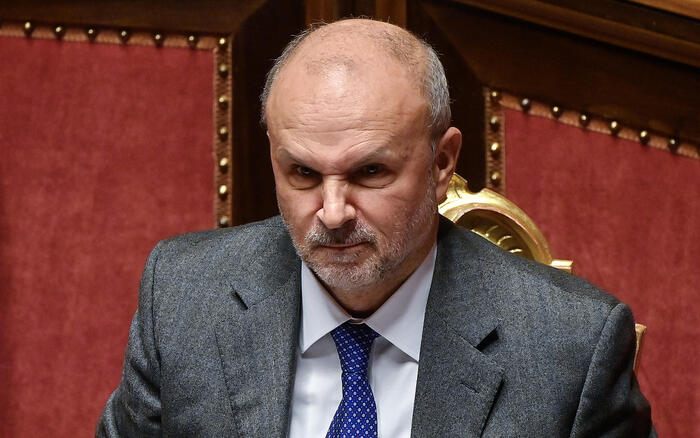Half a century ago, at the end of 1972, a multitude of Chileans took to the streets of Santiago – I was one of them – to support President Salvador Allende, who was beginning a trip abroad at a crucial moment for our nation.
The unprecedented process that we had begun, of advancing towards socialism using democratic means, was under siege.
Inside the country, a heavily armed and violent Chilean conservative opposition was undermining the left-wing government, and outside, powerful adversaries lurked: Nixon and his black eminence, Henry Kissinger;
multinational corporations;
international financial institutions and, of course, the CIA.
So far, efforts to overthrow the democratically elected President have been unsuccessful.
A month-long insurrectionary strike by truckers and businessmen in October 1972 had just been thwarted by an epic mobilization of Chilean workers.
But the future looked bleak.
On many walls across Chile, far-right paramilitary fanatics had scrawled the words, JAKARTA IS COMING!, a grim reference to the massacre of hundreds of thousands of Indonesians after the 1967 coup against Sukarno's progressive government.
It was this prophecy of death and doom that Allende wanted to avoid.
His 1972 trip was meant to explain to the international community what was at stake in Chile and win the sympathy of the nations of the world.
The cornerstone of that strategy was a fervent and serene speech that Allende delivered 50 years ago this Sunday, December 4, 1972, before the UN General Assembly.
Allende begins by emphasizing what differentiates the Chilean road to socialism from previous revolutions: it is possible to achieve economic democracy through the full exercise of political freedom.
The great transformations are taking place peacefully, strengthening civil liberties and respecting cultural and ideological pluralism.
But the recovery of control over the country's wealth has led to relentless aggression from transnational corporations such as ITT and Kennecott Copper, which are secretly sabotaging the economy in order to foment a civil war.
Allende uses this situation of vulnerability to illustrate the tragedy of underdevelopment in Africa, Asia and Latin America: “We are potentially rich countries;
we live in poverty.
We wander from one place to another asking for credits….
Y,
Allende's speech is still today a master class on the "enormous injustices committed... under the guise of cooperation and aid", a brilliant analysis of the havoc created by the exploitation of the developing world.
He calls for solidarity with Chile in its attempt to solve "the great housing, work, food and health deficits", but goes further, emphasizing how all solutions to a series of global dangers (wars, racism, nuclear weapons, “the immeasurable deficiencies of all kinds of more than two thirds of humanity”), depend on the cooperation of the community of nations.
Allende's words resonate heartbreakingly today.
The world, of course, has changed, but many of the challenges remain the same (accelerated by the climate apocalypse that Allende, like other world leaders, did not anticipate in 1972).
Even more heartbreaking is that our President was going to die ten months later in Santiago, defending democracy and the constitution, the first of many deaths during the seventeen-year dictatorship of General Augusto Pinochet.
It is a consolation that his message of hope and dignity continues to motivate the generations that followed him.
In fact, two prominent members of those generations recently gathered in New York, along with Allende's daughter, Isabel, to commemorate the UN speech.
One of them, thirty-six-year-old Chilean President Gabriel Boric, was born more than fourteen years after that speech was delivered and the other, fifty-year-old Prime Minister Pedro Sánchez of Spain, had not yet celebrated his first birthday in December 1972. Both socialist leaders are currently under siege by the virulent resurgence of right-wing movements that echo the same forces that demolished democracy in Chile and turned the country into a laboratory for free-market neoliberalism. which is now in crisis all over the world.
For Boric and Sanchez,
I had the privilege of being invited to that meeting in Manhattan to introduce the speakers and comment on their words.
As someone who, in 1972, had said goodbye to Allende in the streets of our capital with so many fellow citizens, it was deeply moving, fifty years later, to hear how Allende's courage, his broad vision of history, his ethic of liberation and compassion , their belief in democratic socialism, inspired these two young Heads of State.
Although they had never met Allende, and I had breathed the same air as him and worked with him during his last months in office, the three generations felt united by that speech to which delegates from around the world gave standing ovations for ten minutes.
We can still hear – and we need it, so many hopeful men and women of our era – the words with which Allende ends his speech: “It is our confidence in ourselves that increases our faith in the great values of Humanity, in the certainty that those values will have to prevail, they cannot be destroyed”.
Ariel Dorfman
is the author of
Death and the Maiden
.
Next year he will publish a book of poems,
Words from the Other Side of Death
, and a new novel,
Allende and the Suicide Museum
, which inquires about the death of Salvador Allende.







/cloudfront-eu-central-1.images.arcpublishing.com/prisa/FVXWW4XDH5BWDFX47AT65FDXDM.jpg)

/cloudfront-eu-central-1.images.arcpublishing.com/prisa/76GDL6UNHRFLRO2RAJWYIEXOXU.jpg)